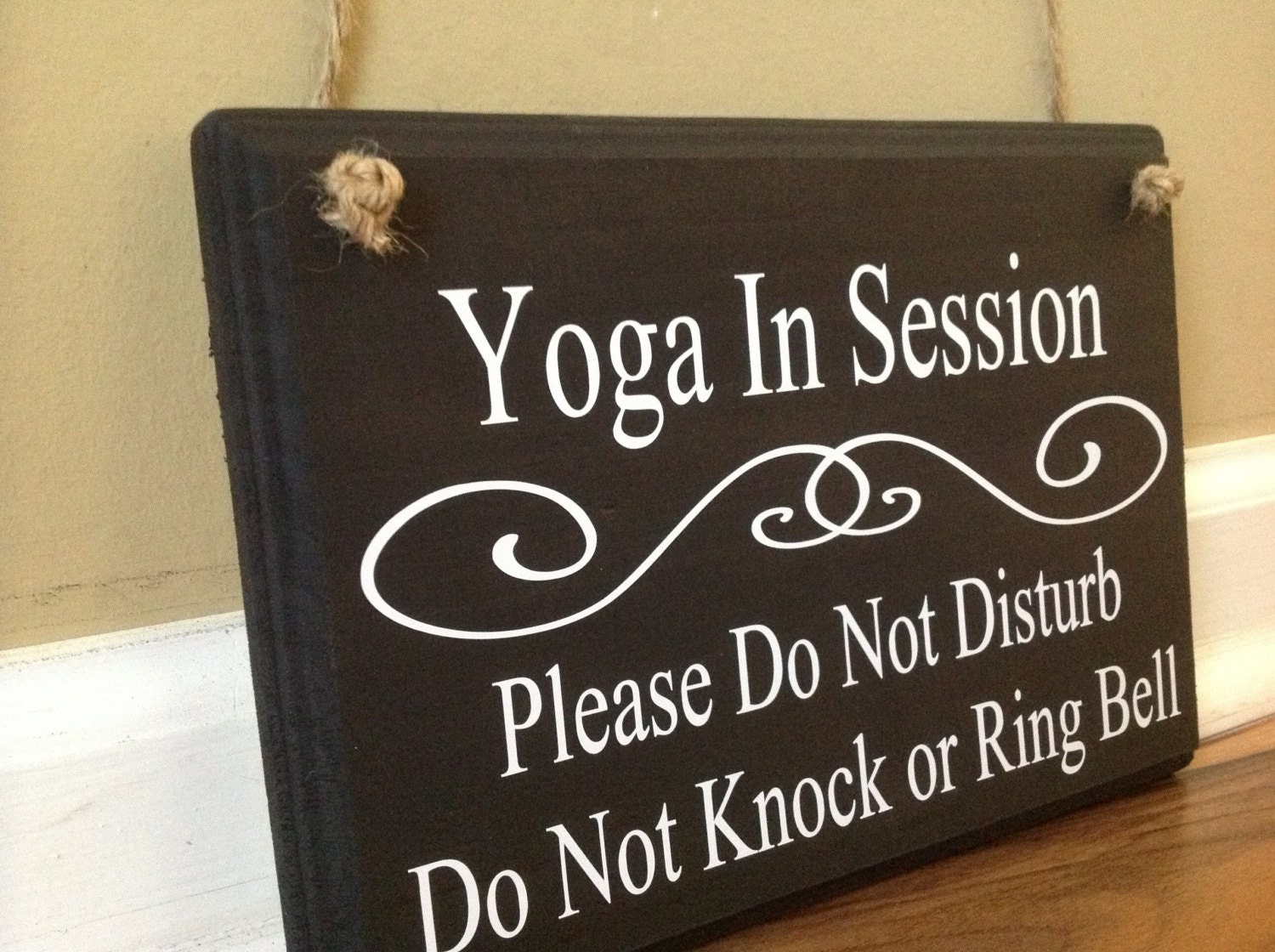
What I Wish Neurotypicals Knew About ADHD & Time Blindness: Why Being Late Isn’t About Laziness or Lack of Care
Ever wondered why someone with ADHD is often late or struggles to stick to routines? Those of us with ADHD are often frustrated with ourselves when we can’t seem to arrive anywhere on time!
After being locked out of yoga for being late this morning, I wanted to share how this feels and raise awareness.
ADHD, or Attention Deficit Hyperactivity Disorder, affects time perception and management in ways that are often misunderstood. This phenomenon, sometimes referred to as “time blindness,” can make it challenging to be punctual and maintain consistent routines.
As someone with ADHD, I want to share what it’s like to live with this challenge and how it impacts my life, particularly when it comes to something as seemingly simple as attending a yoga class.
What is ADHD Time Blindness?
Time blindness in ADHD refers to the difficulty in perceiving and estimating time accurately. It’s like having a faulty internal clock. Neurotypical individuals can often sense time intuitively, but for those of us with ADHD, time can feel slippery and elusive. This can make planning, prioritizing tasks and meeting deadlines a significant challenge.
Why Being Late Doesn’t Mean We Don’t Care
When I’m late to an appointment, meeting or event, it’s not because I don’t value your time or that I’m lazy. In fact, it’s often the opposite. Many of us with ADHD care deeply about meeting expectations and being dependable. The problem lies in how our brains process time. We might lose track of time easily, underestimate how long tasks will take, or get hyper-focused on something and completely lose awareness of the passing minutes.
The Stress of Being Locked Out of Yoga Class
Yoga is a sanctuary for many, providing a space for relaxation and physical health. For those of us with ADHD, exercise routines are crucial for managing symptoms, yet they are notoriously hard to stick to. When I finally muster the motivation to attend a yoga class, being locked out for being just one minute late can be devastating. It was harder than you imagine getting myself there at all in the first place!
Here’s why:
Motivation is Already a Hurdle: Finding the drive to exercise or make time for our own self-care is challenging with ADHD. We often battle with low motivation and a lack of dopamine, which makes starting and sticking to a routine a monumental task.
Routine Disruption: ADHD brains thrive on structure, but they also struggle to maintain it. Missing a class can disrupt the fragile routine we’ve worked so hard to establish, leading to feelings of failure and frustration.
Emotional Toll: Being late and locked out of a class can feel like a personal failure. It reinforces negative self-perceptions and can increase anxiety and depression, common comorbidities with ADHD. I’m rushing to that yoga class to try and relax and calm my nervous system not to make myself feel even more stressed!
Why Sticking to an Exercise Routine is Extra Hard
Exercise routines are beneficial for everyone, but for those with ADHD, they can be a lifeline. However, several factors make consistency difficult:
Executive Dysfunction: This affects our ability to plan, organize, and execute tasks. Even getting ready for a workout can become a monumental task.
Distraction and Hyperfocus: We might get distracted by something else or, conversely, become hyper-focused on an activity and lose track of time, leading to missed workouts.
Low Dopamine Levels: ADHD brains have lower levels of dopamine, the chemical associated with reward and motivation. This makes it harder to feel the internal push to start and continue with exercise.
What I Wish Neurotypicals Knew
Patience and Understanding: Realize that being late isn’t a reflection of our feelings towards you or the event. It’s a symptom of our condition. We really do try to incorporate strategies to ensure our punctuality, but sometimes that’s just not enough.
Flexibility Helps: Allowing a few minutes of grace time for late arrivals can make a significant difference. It acknowledges the effort we’ve put into getting there and supports our participation.
Support, Don’t Judge: Encourage us without making us feel judged or guilty for our struggles. Positive reinforcement can be incredibly motivating.
Awareness of Challenges: Understand that maintaining routines is inherently more difficult for us. Your support and flexibility can be crucial in helping us succeed.
In the workplace: I may arrive at work a few minutes late, but do you notice how I never leave on time either? My time blindness also works in your favour when I stay at work later – often much longer than the amount of time by which I arrived late!
Why don’t you try some strategies?
Having said wrangling time with ADHD is challenging, there are strategies we can use, though they’re not always failsafe. Read my separate article on tips to help you get where you’re going on time.
Have compassion
Living with ADHD means navigating a world that often doesn’t align with how our brains work. Time blindness is a real and challenging part of ADHD, but it doesn’t mean we’re lazy or careless. We can do our part by incorporating the strategies that work for us but by fostering understanding and making small accommodations, you can create a more inclusive environment that helps everyone, especially those of us with ADHD, to thrive.
So next time you see me rushing in a bit late to yoga class, know I really am doing my best – and probably patting myself on the back for arriving at all! Your patience and understanding will mean the world to me – that is, if I’m able to make it past the door that locked me out dead on the class start time!
The author, Vivian Dunstan, is Founder & CEO of ADHD Support Australia ADDCA trained ADHD Coach, Parent Coach & Facilitator of Parenting Children with ADHD – a 6-week online course, Certified Tech Addiction & Digital Health Educator (NIDHW) and Facilitator of the 6-week online Digital Parenting Program, Certified PEERS Social Skills for Teens & Young Adults coach and program facilitator, Certified NeuroACT provider & course facilitator, non-practicing teacher, parent of a young adult with ADHD and has ADHD herself.

